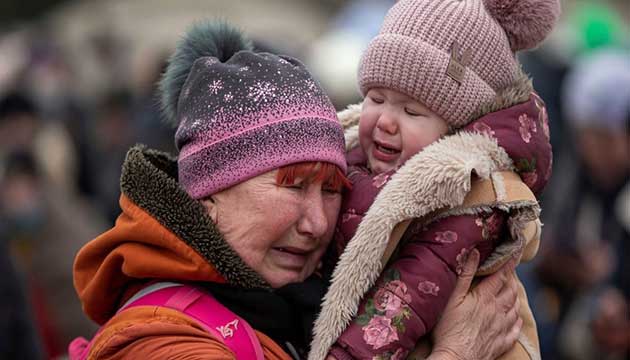December 16, 2024 — The Leaky Bucket 2024, a reportaboutonward migration from The Conference Board of Canada,has some good and bad news for Filipino immigrants. It was prepared by Daniel Bernhard, CEO of the Institute of Canadian Citizenship.
The report which studied immigrants who came to Canada in the last 25 years revealed that a growing number of immigrants are leaving Canada to reside elsewhere despite Canada’s uniquely welcoming policy on immigration.
In 2024, their number reached a worrisome all-time high. The majority of onward immigrants leave Canada within 5 years from arrival to on-migrate to other countries or return to their country of origin.
The good news for Filipino immigrants is that among all the immigrants studied, the Filipinos have the lowest rate of onward migration. This is likely due to the following reasons: (1) Most Filipino immigrants in the 2000 and after came under the Temporary Foreign Workers Program and because of their limited skills, have less opportunities for better jobs outside Canada or if they return to the Philippines; and (2) Canada’s Family Reunification Program allowed them to bring the rest of their immediate family members to Canada so they feel they can all settle here for good.
Who stays and who leaves
The report showed that economic migrants were the most likely to on-migrate because they have the necessary contacts and qualifications to succeed in a competitive market outside Canada. Early Filipino immigrants who immigrated to Canada as professionals also had aspired to become global citizens. Many of them used Canada as a stepping stone to immigrate to the US and beyond.
In 2024 the highest rate of onward migration in Canada were in Ontario, 51% of incoming immigrants, British Columbia, 21% and Quebec 15%. It’s notable that BC, one of Canada’s most expensive places to live in has less onward migrants than Ontario. New Brunswick and Nova Scotia, however, although they have the lowest share of immigrant arrivals, have the highest proportion of onward immigrants leaving within the first five years.
The bad news about onward migration for Filipinos affect those who come under the International Student Program. Statistics Canada shows that a large number of these students come from the Philippines. Not only has Canada recently cut down by 35% the number of international students admitted to Canada, it has also limited the number of such students who can apply for permanent residency. Permanent residents who were former international students are at a higher risk of leaving because they have limited permits while international students who became permanent residents through family sponsorship are likely to stay.
Among onward migrants, the most number who left without Canadian citizenship were those from the United States. The rest left with Canadian citizenship as a safety net in case their greener pastures don’t turn out greener. The highest number of onward migrants are those immigrants from Lebanon.
Who can blame them for trying to find greener pastures elsewhere considering what most of them have to deal with in Canada today: high cost of living with skyrocketing grocery prices (some items have doubled or tripled while becoming less and less in size in what is now called “shrink flation”), housing shortage and unaffordable rental housing, inaccessible healthcare, worsening crime and traffic, unemployment and low wages for available jobs, high cost and taxes on fuel and gasoline than in the US, a growing anti- immigrant sentiment among native born and long-term Canadians. And of course the unforgiving taxes on personal income and business. Even death benefits are taxable in Canada and funeral expenses are not tax deductible.
This growing onward migration is not good for Canada because when economic migrants who are globally coveted with global options leave Canada, they contribute their Canadian training and experience to another country’s success at Canada’s expense.
Canada is now developing strategies to understand why onward migrants are leaving and how to retain and encourage them to stay and contribute to Canada’s success instead.













